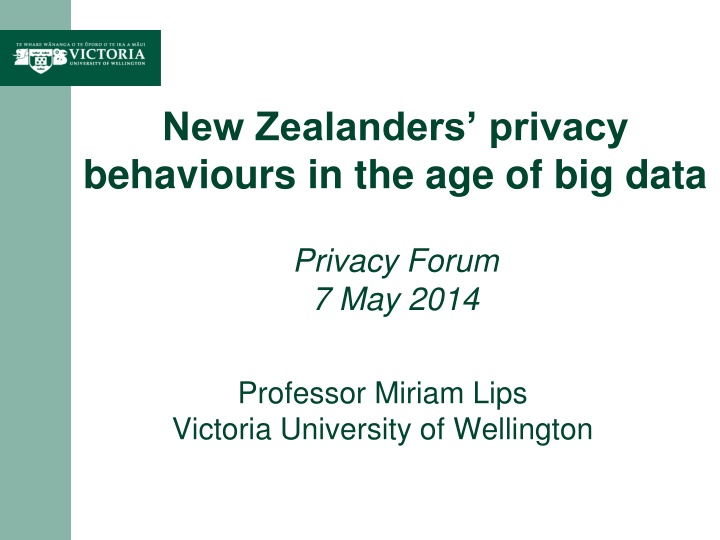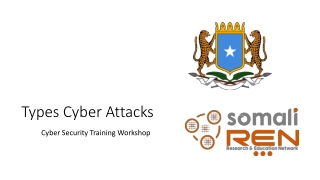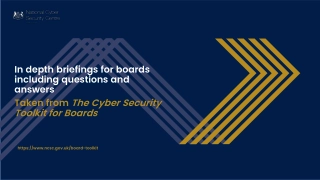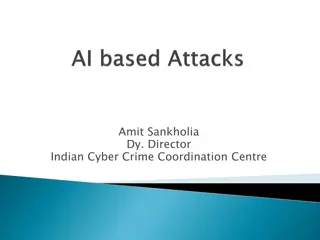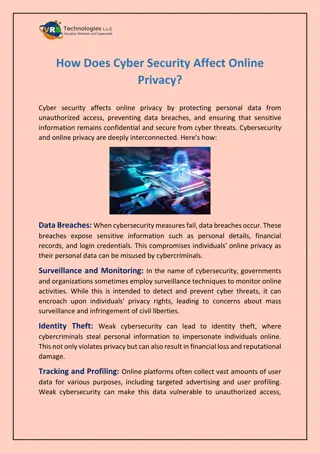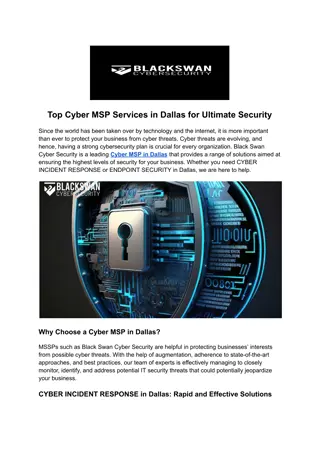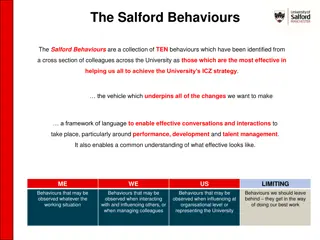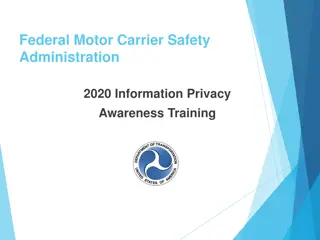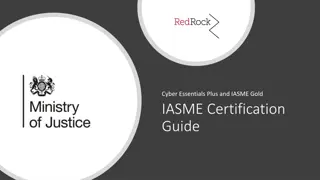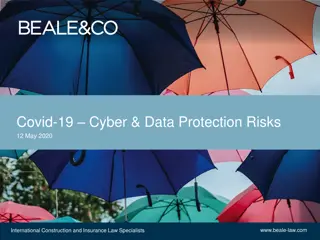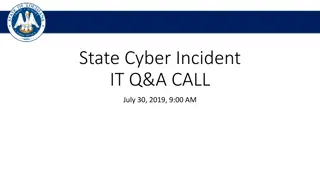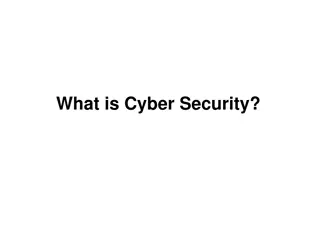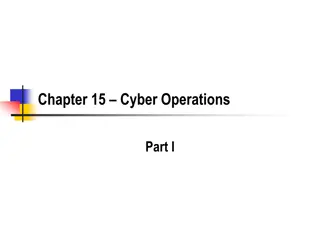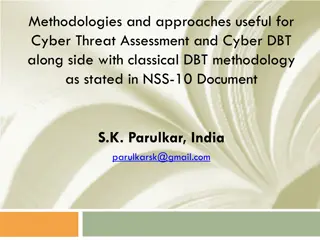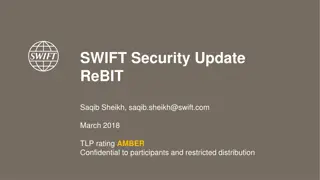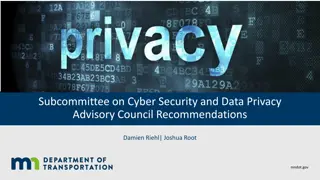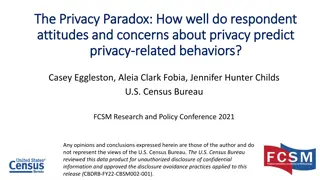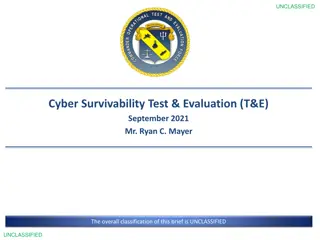New Zealanders' Online Privacy Behaviours and Cyber Security Challenges
New Zealanders exhibit various online privacy behaviors in response to the age of big data, supported by strong privacy values. Different age groups demonstrate diverse strategies for managing online identity. While some benefit from economic prosperity and improved social outcomes, risks such as privacy invasion and malicious use prevail. Cyber-enabled crimes like unauthorized photo sharing and malware downloads highlight the importance of safeguarding personal information online.
Download Presentation

Please find below an Image/Link to download the presentation.
The content on the website is provided AS IS for your information and personal use only. It may not be sold, licensed, or shared on other websites without obtaining consent from the author.If you encounter any issues during the download, it is possible that the publisher has removed the file from their server.
You are allowed to download the files provided on this website for personal or commercial use, subject to the condition that they are used lawfully. All files are the property of their respective owners.
The content on the website is provided AS IS for your information and personal use only. It may not be sold, licensed, or shared on other websites without obtaining consent from the author.
E N D
Presentation Transcript
New Zealanders privacy behaviours in the age of big data Privacy Forum 7 May 2014 Professor Miriam Lips Victoria University of Wellington
John Whitehead, Chair Stephen England-Hall John Roberts CNZM. Former Secretary to Treasury. Chief Executive Officer, Director, Relationship Management, Loyalty New Zealand Limited Former Executive Director, Department of Internal Affairs World Bank James Mansell Paul O Connor Evelyn Wareham Director of Innovation, Founder, Director and Head of Research & Development, Manager, Integrated Data and Research, Ministry of Social Development Datamine Statistics New Zealand Joshua Feast Miriam Lips David Wales CEO and co-founder, Professor of e-Government, Manager, Analytics and Insights, Performance Hub, Victoria University School Cogito of Government Treasury
Balancing opportunities and risks Possible benefits: economic prosperity, improved social outcomes, better government, environmental gains Vs Possible risks: invasion of privacy, discrimination and exclusion of services, malicious use for criminal purposes, big brother
2013 Survey research findings Kiwis managing their online identity New Zealanders have strong privacy values and support these through their online privacy behaviours; People from different age groups, ethnic backgrounds, income groups and educational backgrounds demonstrate differentonline privacy behaviours Younger generations demonstrate different online privacy behaviours and strategies to protect their online identity, e.g.: 14% of young people up to 24 years of age don t know why they provide personal information in online commercial transactions; 40% of 18-24 years old use RealMe in online govt transactions; 90% of 24-35 years old frequently change their online privacy settings However, only 25% of the NZ population usually read and are able to understand online privacy statements
Personal experience with cyber-enabled crime 0% 10% 20% 30% 40% 50% 60% 70% 80% 90% 100% Someone else uploaded pictures of you into an online public space, without your permission. Malware was downloaded onto your device over the internet The goods or services you bought online were misrepresented Using an online channel someone else asked for your bank details Someone else misrepresented themselves to you online (providing incorrect name/ age/ The goods or services you ordered online were not delivered Yes Someone else sent out emails under your name without your permission No Don t Know Someone else hacked into your online device Someone else pretended to be you online without your permission Someone else used your name to set up a social media account (e.g. Facebook, LinkedIn) Details of the credit card you have used online were stolen Using an online channel (e.g. email) someone else tricked you into giving them money Using an online channel (e.g. website) someone else tricked you into a romantic relationship
Protection of identity When you are on the Internet, what do you do to protect your identity? 0% 10% 20% 30% 40% 50% 60% 70% 80% 90% 100% Use antivirus software Disclose minimal information about yourself Use tools and strategies to limit unsolicited emails Use a firewall Use security-protected WiFi or other networks Check that the transaction is protected (e.g. Paypal) Delete cookies Change your privacy settings Use a filter (e.g. on your email) Delete your online search history Use a search engine to check your information on Yes Avoid providing the same information to different No Check that the website has a safety logo or label Don t Know Check the privacy policy of a website Don t provide any personal information via online Ask organisations to update or delete your Use iGovt or RealMe Use a pseudonym Change your social networking site profile Use a dummy email account Use proxies (e.g. Tor) Use a password generator (e.g. Lastpass, PWGen) Use a personal information vault Other
Trust institutions to protect your personal information 0% 10% 20% 30% 40% 50% 60% 70% 80% 90% 100% Banks and financial institutions Trust of institutions Health and medical institutions NZ central government agencies NZ local government Educational institutions Insurance companies Totally trust Social Networking services Tend to trust NZ online trading sites Tend not to trust Phone companies and ISPs Community organisations / Charities Do not trust at all NZ online commercial sites Don t Know Overseas online trading sites Overseas online commercial sites Media organisations Sharing sites Online gaming industry NZ online dating sites Overseas online dating sites
Proposed principles (work-in-progress) Reaping the benefits for all parts of New Zealand society whilst maximally protecting individuals digital rights: privacy- by-design as business model The need for inclusive solutions: ease of data access, sharing and use; equal data access for all; better public understanding of available data Data management in NZ should build trust and confidence in NZ data institutions: transparency and openness to enhance public understanding Data users should be accountable for responsible data stewardship and exercise a duty of care
Proposed principles (cont.) Reduce possible data oil spills : security by-design Individuals should have greater control over the use of their personal data (e.g. right to forget and a right to opt-out) Informed consent should be simple and easy to understand We should, as far as possible, promote a data environment that retains New Zealand control over our data and data settings
Have your say! www.nzdatafutures.org.nz Twitter: @NZDATAFUTURES, #NZDFF Full survey research report Kiwis Managing their online identity available via the VUW e-Government Chair website: http://e-government.vuw.ac.nz/index.aspx
